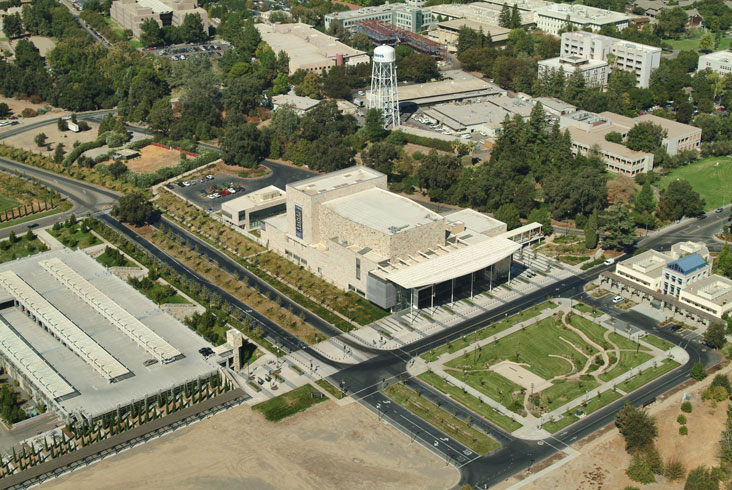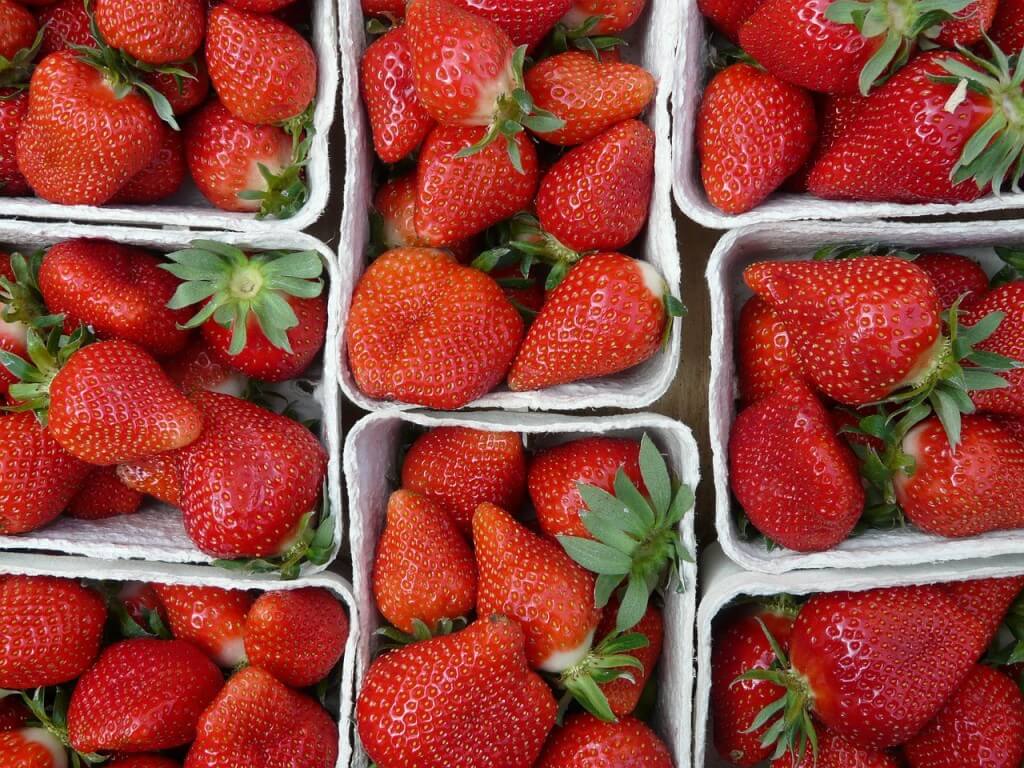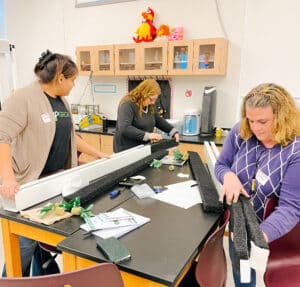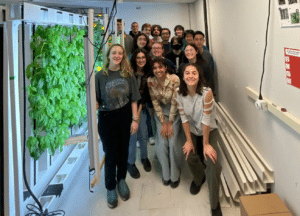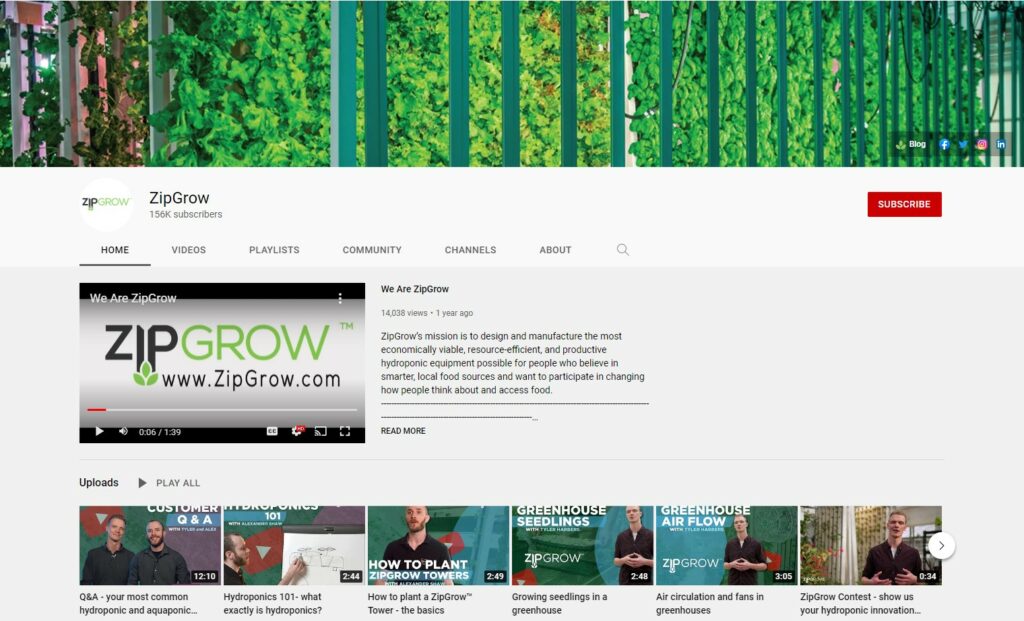Genetic intrigue isnt the first thing that comes to mind when we think of the strawberry industry, but a legal dispute between the University of California Davis and the California Strawberry Commission was full of it.
It all started 100 years ago…
It all started 100 years ago when a strawberry the size of your thumbnail was picked in the eastern United States. The berry was sweet and delicious, but less than half the size of any strawberry were used to.
Generations of plant breeders intervened, and that tiny berry evolved to its contemporary iteration. Those plant breeders are important because they engineered that berry into over 130 different commercially viable cultivars, creating a huge industry. A large part of that engineering happened at UC Davis.
Some people might not even realize there is a strawberry industry. Yet, whether you grow strawberries in your ZipGrow Towers, or just love the fruit, these green and red fruits represented a $5.9 million gross profit for UC Davis in 2013. Strawberries are the most popular berry in the world and 60% of those consumed worldwide come from UC Davis germplasms.
So what was the problem?
Heres where the intrigue comes in. The two scientists who ran the UC Davis strawberry breeding program decided to quit, but tried to take the most valuable pieces of intellectual property they developed with them.
This would have destroyed the UC Davis program and concentrated the premium genetic varieties in private enterprise, restricting general access. This would have raised the prices for all types of growers. To stop this, a coalition of strawberry farmers called the California Strawberry Commission came together and filed a legal complaint, which read:
The Commission has spent millions of dollars over the past thirty years funding the University’s research program for breeding new strawberry varieties (the “Pomology Program”) to promote a public breeding program for the benefit of the California strawberry industry. The University now threatens to privatize the Pomology Program by granting a license to a new business venture of the very breeders the Commission entrusted as stewards of the public Pomology Program. The University thereby seeks to take the fruits — both literally and figuratively — of decades-long research that the Commission funded for the benefit of the California strawberry industry and hand them over to private financial interests.
In other words, the Commission had been both directly funding the UC Davis program with yearly payments and indirectly funding it when individual growers purchased the results and did not want to see its source of improved strawberry plants disappear.
Thankfully, strawberry fans everywhere can take heart.
UC Davis and the Commission just reached a settlement. Not only is the public program guaranteed to continue for at least another 5 years, but the settlement calls for the creation of both a Strawberry Advisory Committee and a Business Advisory Board. The Strawberry Advisory Committee is especially exciting and presents significant opportunity for the future of strawberry plants. New members will be inducted to the committee and they will have the opportunity to influence the direction of the public program.
Whether that means there will be increased interest in better flavor over ship-able produce, a shift in focus to varieties more suitable for organic production, or strawberries that will thrive in a vertical cultivation system remains to be seen.
One thing is for sure. The continuation of the public breeder program will keep pushing Americas favorite berry closer and closer to excellence.
 About the author
About the author
Its safe to say Evan Bromfield is obsessed with vertical farming. He has been independently researching the industry for several years while studying the food movement as a whole at a D.C. nonprofit. His most popular piece has been about Singapore as a test case for vertical farming, but he blogs about all of his research at the Urban Vertical Project. He wrote this post for Bright Agrotech to give a behind the scenes look into his third favorite fruit.
Follow him on twitter @proverticalfarm and check out his blog.

